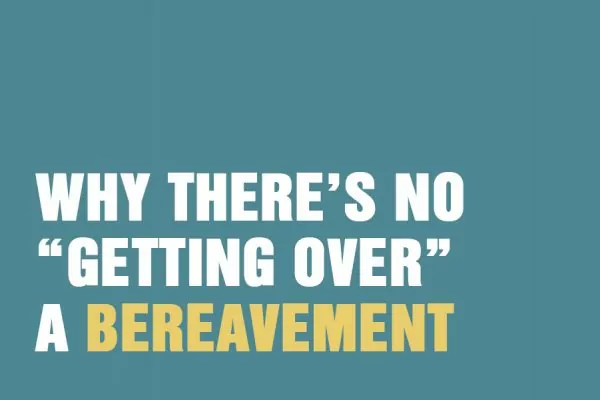Are you confident in a crowd, self-assured in the knowledge that people are interested in what you have to say? Or are you more of a shrinking violet, hesitant about opening your mouth, and fearing you’ll sound stupid or boring?
What you say and how you say it can often determine how people perceive you. Yet how you communicate can affect how you feel about yourself. If you find people speaking over you, ignoring what you say, or misinterpreting your meaning, it can affect your self-esteem and your belief in yourself. It can feel frustrating and isolating not to be able to express an opinion or speak your truth.
Not having a voice can stem from how you were treated in childhood. If you had strict, authoritarian parents then there may have been no room for your own opinions. They may have expected you to be an extension of themselves and their beliefs, and so you had to be a good boy or girl and not speak your mind. You may have been criticised or shamed for saying something that didn’t fit with the family norms. Or your parents may have taken little interest in the true you, and so you bottled it all up inside you instead.
As an adult, finding your voice takes courage and practice. Yet taking small, meaningful steps can help you look and sound much more assertive. If you haven’t been brilliant at speaking out and having your say, and wish you had a more vocal presence in social, professional and other situations, here are our tips for communicating more assertively:
Look the part. Sitting up straight with both feet on the floor, and giving direct eye contact to the person you’re talking to, can instantly make you feel more assertive. Change your posture and boost your confidence.
Find your pitch. Think about how your voice sounds. Too high and squeaky? Too low and faint? Experiment at home with your voice at different levels until you find a pitch that sounds grounded and assertive.
Take your time. Don’t gabble. Don’t speak so quickly that you stumble over your words. Take a deep breath before speaking, and pace out your sentences. What you have to say is worth hearing. Don’t feel you have to rush.
Prepare in advance. If you’ve got a big meeting coming up then it may help to prepare what you want to say in advance. Make notes of the key statements you want to make, and get your point across in the most direct way possible.
Say no and mean it. Don’t um and ah if someone asks you something you don’t want to do. Stay calm and say no, you can’t help them this time round. Saying yes could just lead to resentment. Stay close to your truth and don’t fear repercussions from saying no. You’re saying no to the request, not the person.
Stop pussyfooting. You don’t have to apologise for being you, or for having your say. You don’t have to hide your opinion or your request in a lot of flannel. Instead of saying: “Really sorry to have to ask this, and of course you can say no, but could I borrow your stapler?” Your request can get lost in all the unnecessary verbal padding. Just say: “Could I borrow your stapler, please?” Being clear and direct comes across as far more assertive.
If you have poor self-esteem and need to work on your confidence issues and being more assertive then a therapist will be able to help. Call our Front of House team on 020 8673 4545 and they will match you with the right therapist. You can also email us on [email protected]







